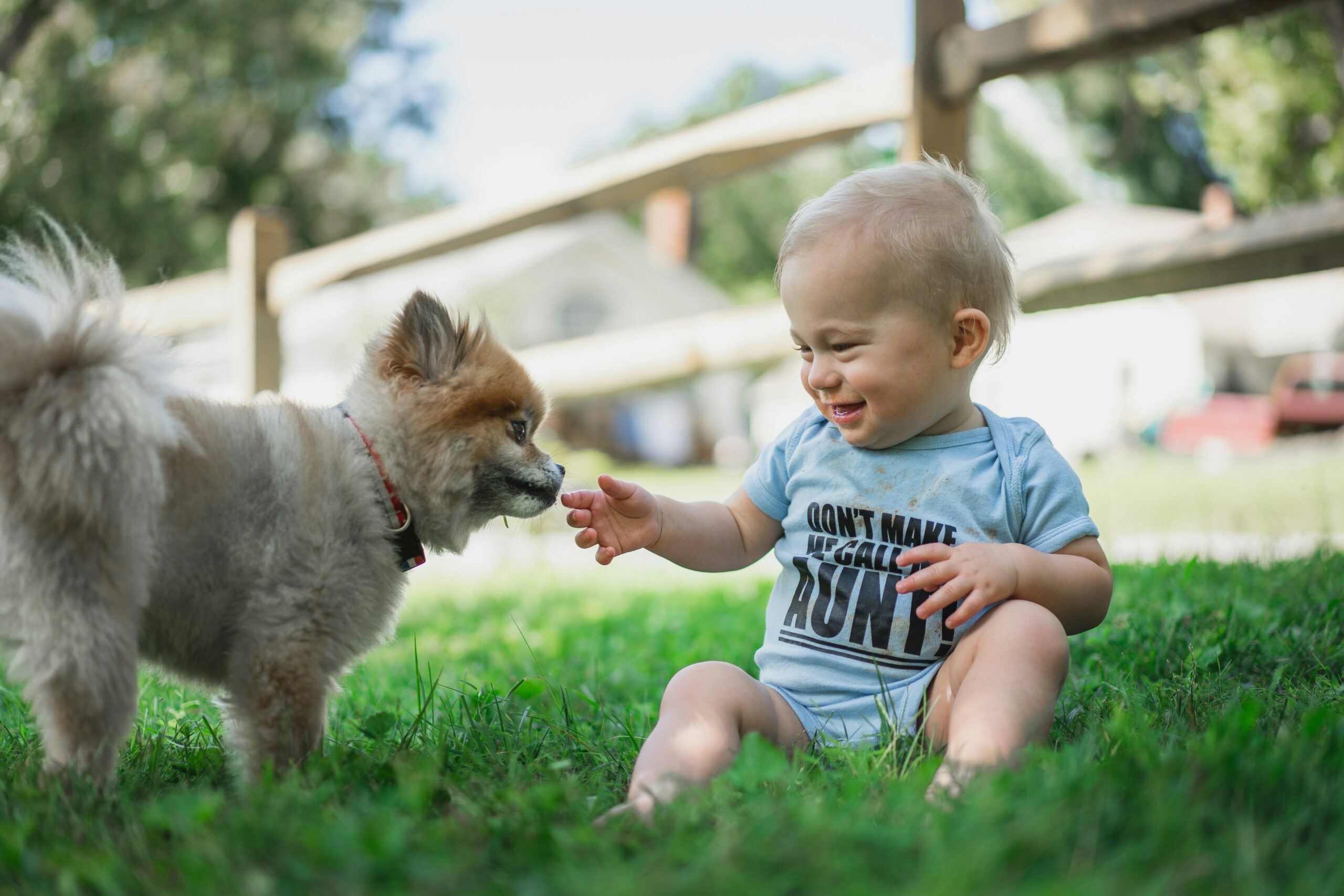Pet owners are always stressed when it comes to bringing in a new family member. Will the new animal get along with the veterans? Will there be fights? Raising different animals together is not an easy task but it is a necessity, especially if you live on a farm or have a big property.
If you want to make sure there are no hard feelings between your furry buddies and that everyone gets along fine, here are some tips to guide you through the process.
Be prepared
Before adopting ten different animals, make sure you have space, time, and means to support all of them and their particular needs. Farm animals require a comfortable shelter as they cannot spend the night with you like cats or dogs.
Each shelter should be big enough to allow all the animals to live comfortably and have space to stretch their legs and walk. Besides, they should be predator-proof and have a designated eating area, away from the loo and their sleeping space. As for cats and dogs, they also need a bed and a place to eat.
Start small
The key to making all your animals live together is to start integrating them one by one. In other words, don’t bring home chickens, pigs, ducks, cats, dogs, sheep, cows, and horses at once.
Start with low-maintenance animals such as chickens and ducks and work from there. Keep in mind that horses and cows will take more time to train and look after.
The most important aspect to take into account is your ability to look after each animal in particular and offer it enough time to create a bond. In this way, animals are similar to babies or children who need constant affection and care.
Don’t forget to also prepare the animals you already have for the arrival of their new buddies with treats and one-on-one time. Cats might enjoy their time alone but most birds and other domestic animals will crave your attention and affection.
Establish a common schedule
As a general rule, you shouldn’t let new animals unsupervised in the first couple of weeks, at least until they get acquainted with the other members of your flock. After a couple of weeks, you can consider letting them spend more time together and create a special bond.
The easiest way to do so is during the feeding hours. You can create a common feeding place for most of your animals. Since their diets are usually different, you shouldn’t have to worry about them fighting over food. Cats, dogs, pigs, cows, goats, and horses can eat together or in areas nearby where they will acknowledge the presence of others without seeing it as a potential threat.
If your flock also counts for cats, they can safely eat with your dogs or bigger animals but not with birds for obvious reasons. Even though there is no certainty chicken meat will be appealing to your ball of fur, it would be best to supervise all their interactions.
Start at a young age
The easiest way to make all your animals friendly to each other is to start interactions from an early age. However, this doesn’t mean that all the animals should be pups or in their first weeks of life.
Most animals have maternal or paternal instincts, which means that other animals, regardless of the species, will be easily welcomed into a group when they are babies. Animals feel the need to protect cubs from dangers and potential predators, so it isn’t that unusual for hens to raise baby cats or dogs and look after them as if they were their own.
The sooner you start, the easier it will be for all your animals around your household to get along and even develop true friendships.
Observe but don’t interfere (too much)
Not all animals are meant to be best friends, and that’s OK. Just like humans, pets also have distinct personalities, so you cannot force all your animals to spend their time together. Some might be shy while others will be all over the place, celebrating freedom and finding new partners in crime.
You should observe the behavior of your animals and let them interact naturally, at their own pace. Don’t force pets to bond by putting them in stressful situations or confining them into a small space. They also feel stress and anxiety and can easily get defensive if they don’t like the company.
Bear in mind the lifespan difference
Different animals age and mature differently, so don’t assume that just because two animals have about the same age they have also reached the same level of maturity. The lifespan of a chicken is of a few years, while horses can live up to 30 years.
A baby cow usually takes about two years to fully grow while dogs reach maturity slightly sooner, depending on their breed.




